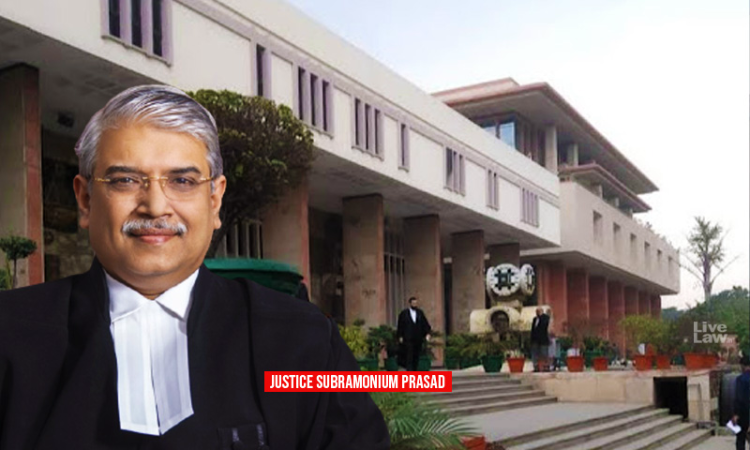Sex On Basis Of "Genuine Promise" To Marry That Didn't Fructify Not Rape: Delhi High Court
Zeb Hasan
8 April 2022 3:45 PM IST

Next Story
8 April 2022 3:45 PM IST
The Delhi High Court on Wednesday observed that a "genuine promise" to marry that did not materialise in future cannot be said to be false, and therefore doesn't amount to rape. Justice Subramonium Prasad observed, "If it is found that the promise of marriage was genuine and that the marriage failed to fructify due to external circumstances, then the promise cannot be said to be...
